WASHINGTON — Democratic presidential candidates gave a meaningful public nod to the Black Lives Matter movement in their first televised debate, fully adopting its slogan and raising the core concerns stemming from police killings of African-Americans that protesters have articulated while disrupting some of their campaign events.
The candidates were careful to avoid uttering the phrase “all lives matter,” showing they clearly learned from confrontations earlier this year with Black Lives Matter protesters. Some in the movement say the phrase “all lives matter” minimizes the deaths of African-American men and women at the hands of law enforcement.
Sen. Bernie Sanders of Vermont, the first to be confronted by Black Lives Matter protesters while campaigning, called during the debate for “major, major reforms” to the criminal justice system and invoked the name of Sandra Bland, the black woman found hanged in a Texas jail after being arrested on a traffic charge.
Former Maryland Gov. Martin O’Malley apologized last summer after using the alternative “all lives matter” slogan. On the stage Tuesday night in Las Vegas, he said, “Black lives matter, and we have a lot of work to do to reform our criminal justice system, and to address race relations in our country.”
Observers noted that the candidates discussed some issues that people have complained about for years, even though there was no minority candidate in their midst – a rarity for Democrats. A black candidate has sought the Democratic presidential nomination in almost every election cycle since Jesse Jackson’s second White House bid in 1988.
By contrast, the Republican field for 2016 has four candidates of color: Ben Carson, Marco Rubio, Bobby Jindal and Ted Cruz.
Fredrick Harris, a Columbia University political science professor and director of its Center on African-American Politics and Society, said it would have been unlikely without the Black Lives Matter movement that any of the Democratic candidates would have been talking Tuesday night about the relationship between police and minority communities.
Police relations with minority communities and the deaths of unarmed black men have been topics of great interest since the shootings of 17-year-old Trayvon Martin in 2012 in Florida and 18-year-old Michael Brown in 2014 in Ferguson, Missouri.
Those deaths, and others of some black women, have inspired protests under the “Black Lives Matter” moniker around the country. Martin, Brown and Bland’s families were featured speakers at the “Justice or Else” march marking the 20-year anniversary of the Million Man March in Washington last weekend.
Emory University political scientist Andra Gillespie noted that both O’Malley and former Secretary of State Hillary Rodham Clinton seemed to realize the need to acknowledge the grassroots protests was greater than any risk associated with not invoking Black Lives Matter. Like O’Malley, Clinton came under criticism earlier this year for her “all lives matter” comment at an African-American church, and met later with activists.
“Their statements really reflected that they had already been challenged,” she said.

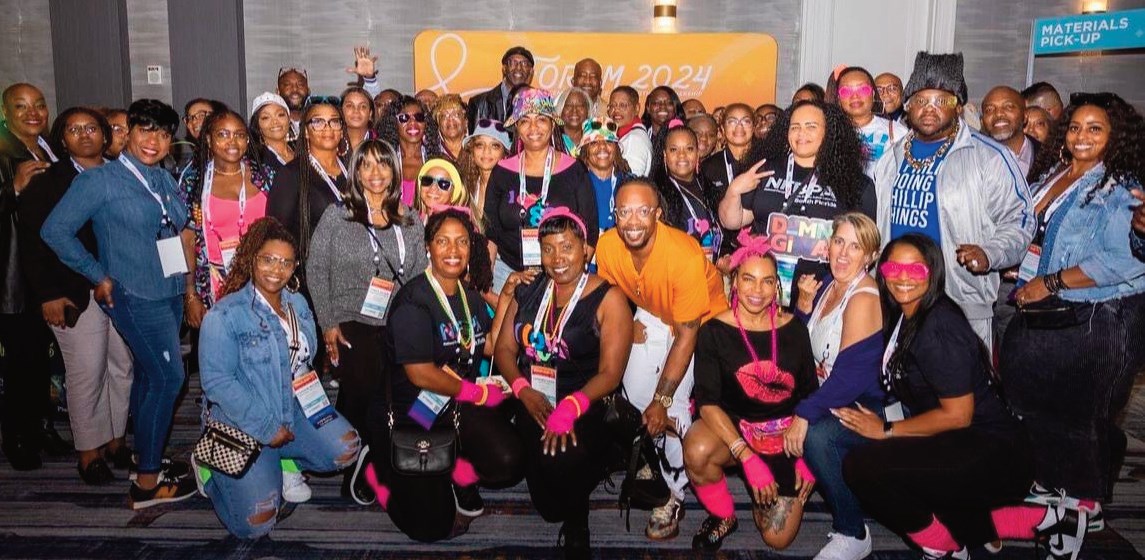
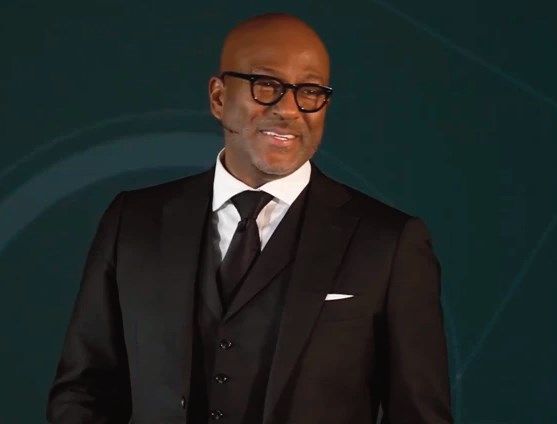


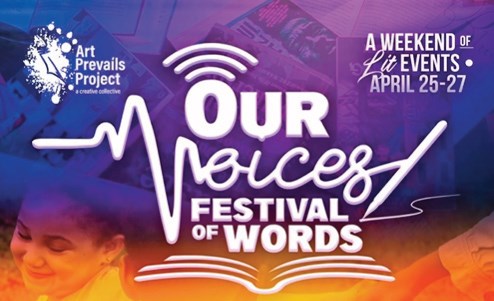
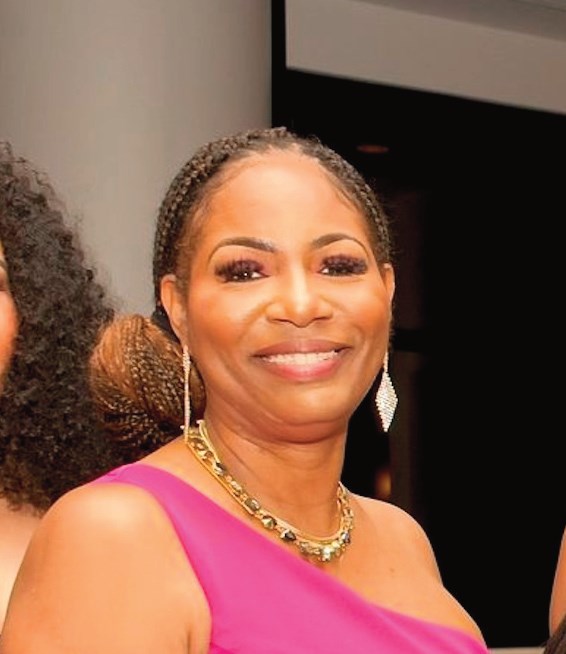
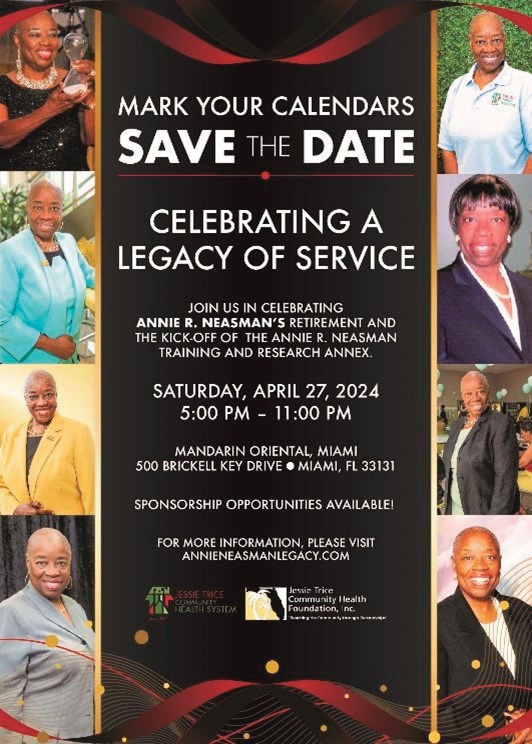
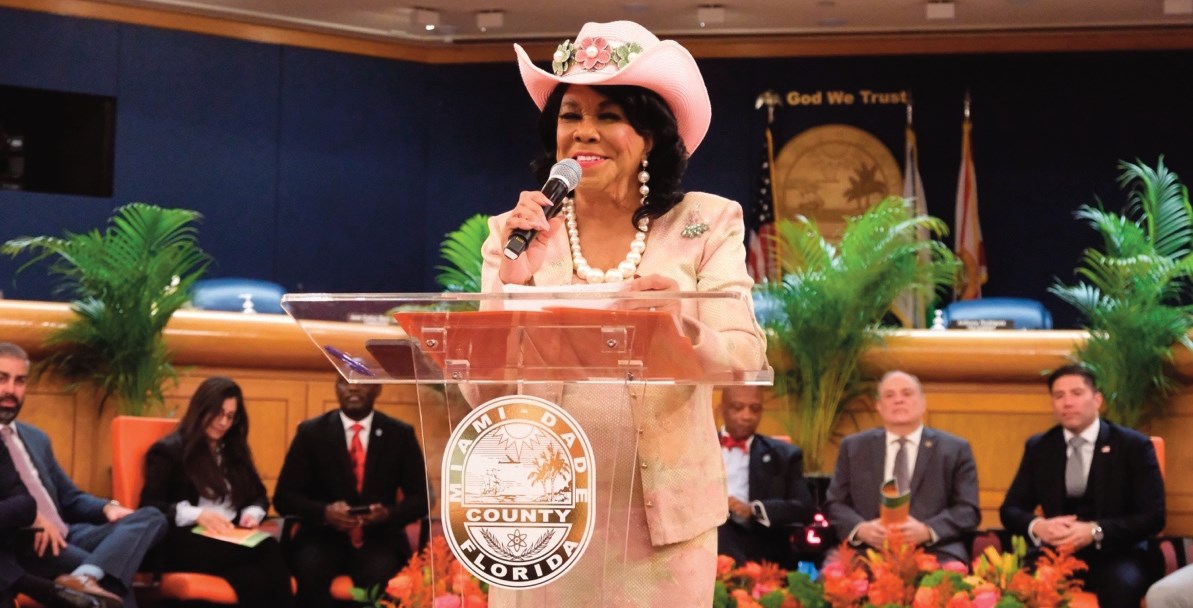
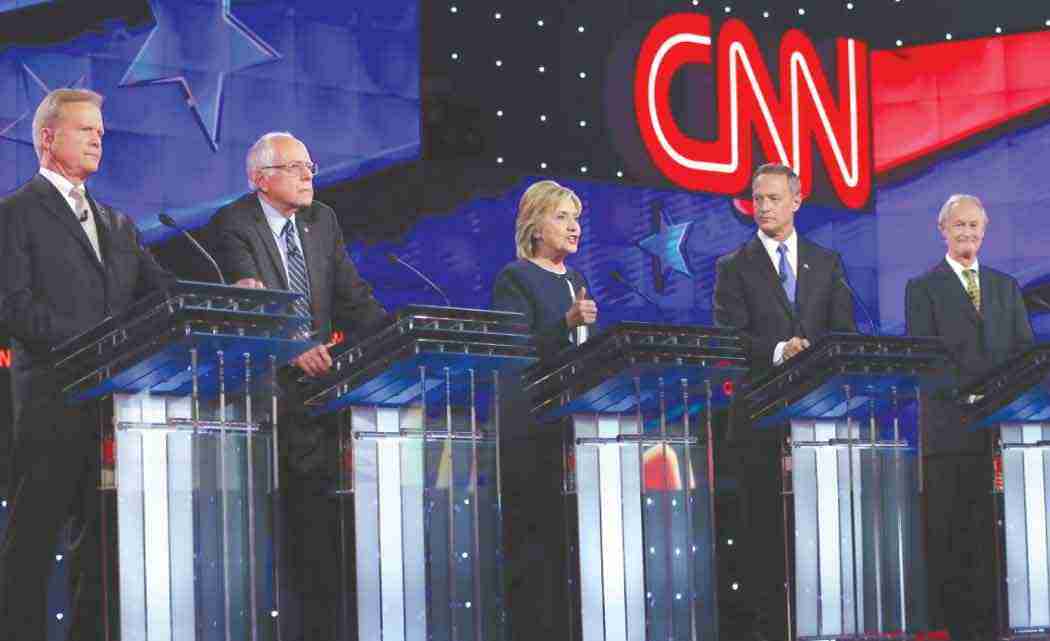

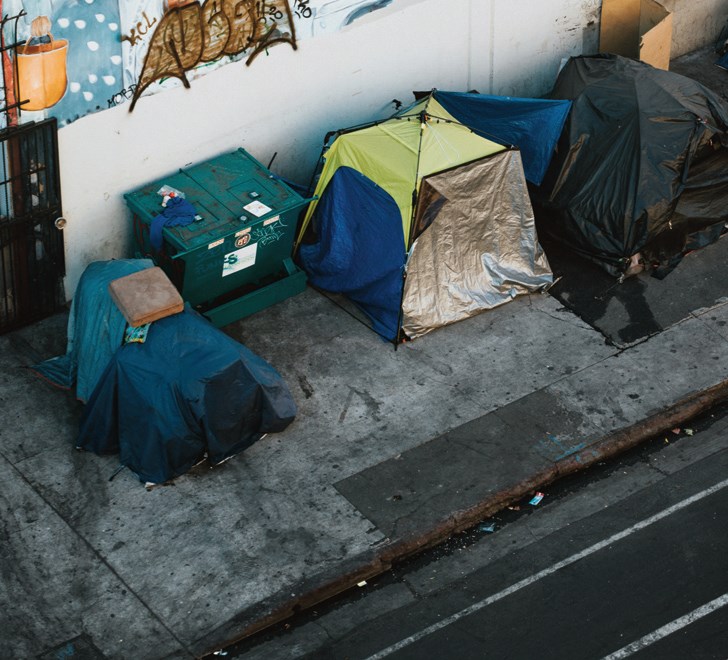
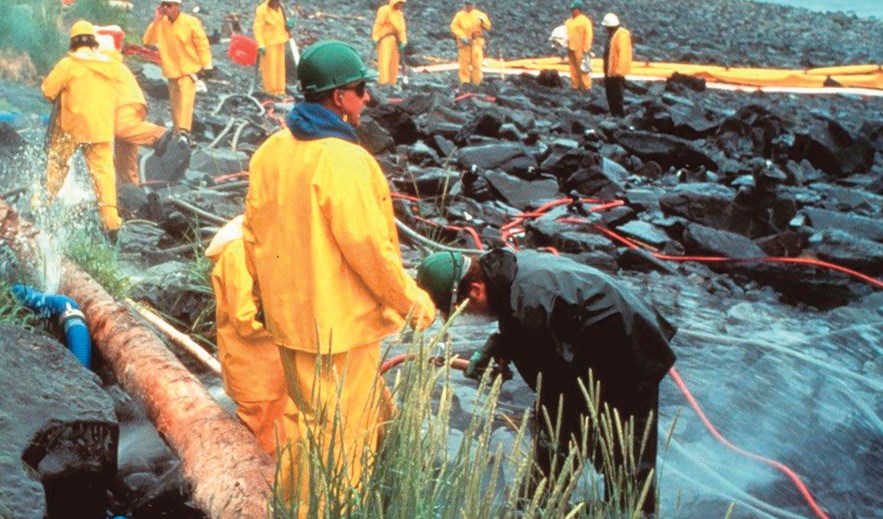
No Comment